Digital Humanities Internship
For a month I have been the Digital Humanities Intern, during which time I’ve been lucky enough to call the beautiful Napier Reading Room of The Richardson Research Library at Martyrs Kirk my “office”.
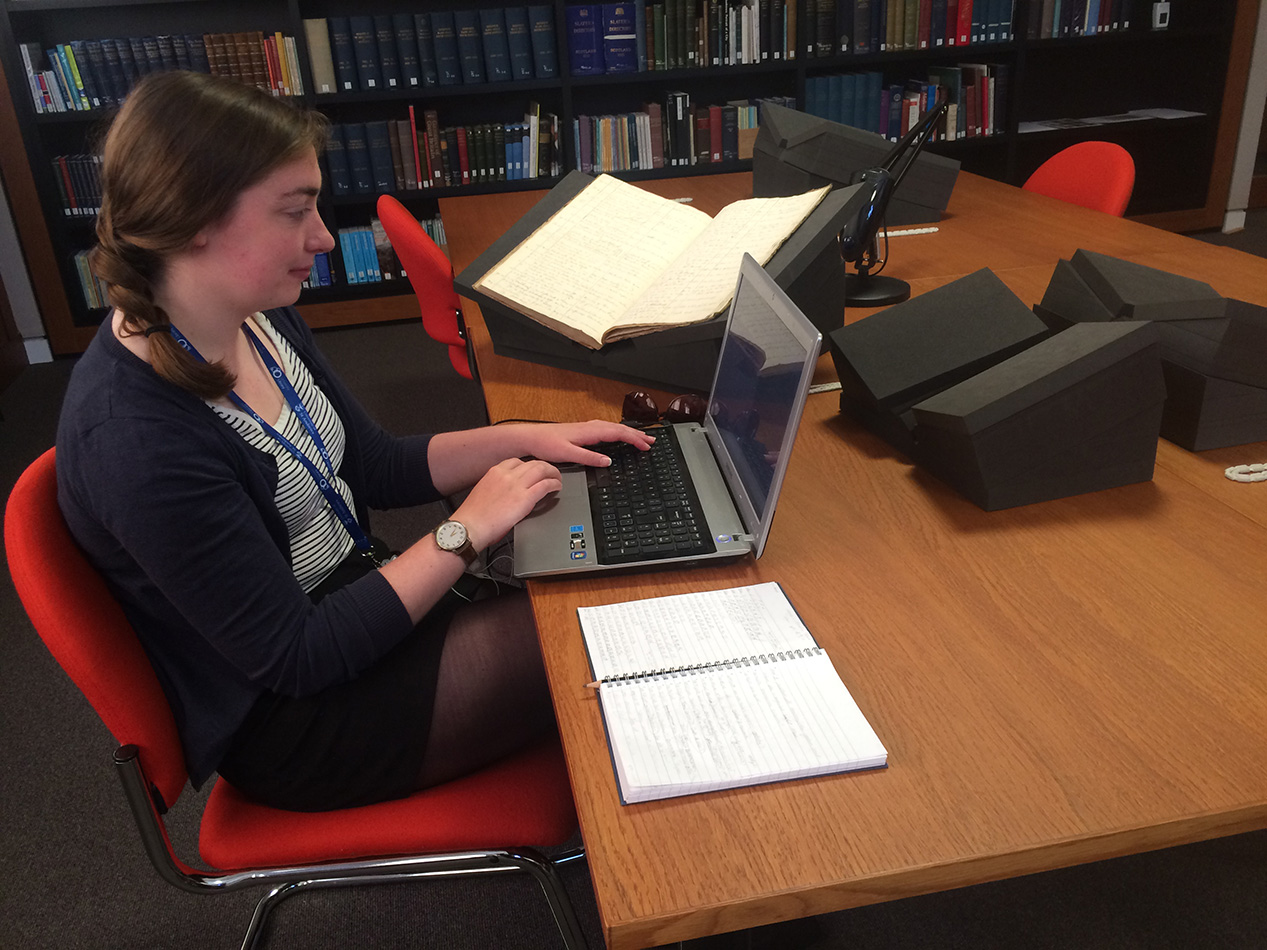
For four weeks I’ve worked with one original document, an eighteenth century library receipt book, UYUL205/2, deciphering and transcribing its contents.
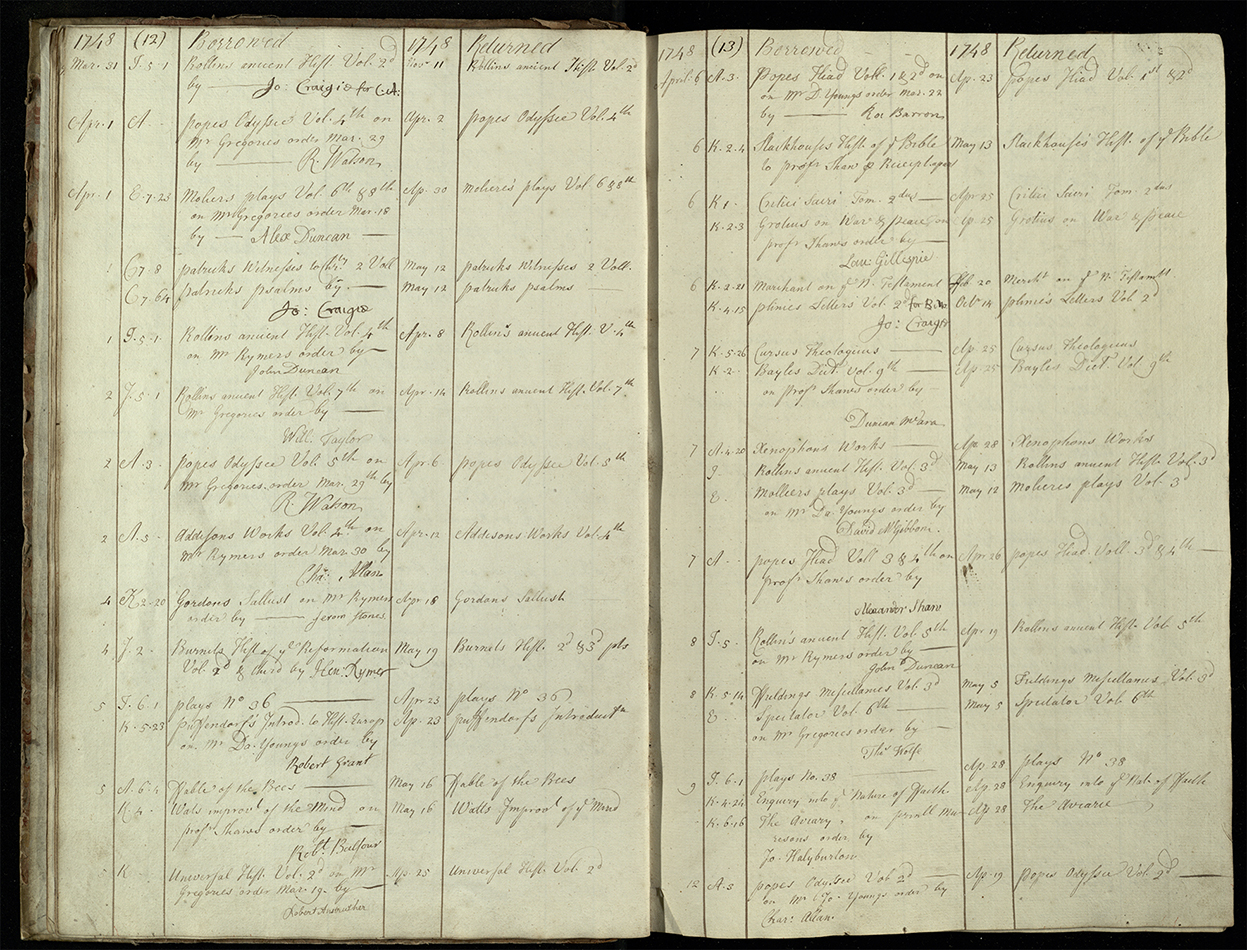
This lists the date, the press-mark of the book, gives its title and who has ordered the student to read the book, and the signature of the student. The last columns are the date of return and the abbreviated title.

At first, at least, I painstakingly interpreted the hand-written entries of the books borrowed and returned to the university library between 1748 and 1753 and it was hard work. However, as I continued through the pages my skills for reading, judging and understanding the hand-written text improved a lot. I soon accelerated at my daily task of getting through as many pages as I could manage and it became increasingly rewarding as I worked my way towards the end of the book.
I could even say I’ve become oddly attached to this fairly unassuming, administrative volume.
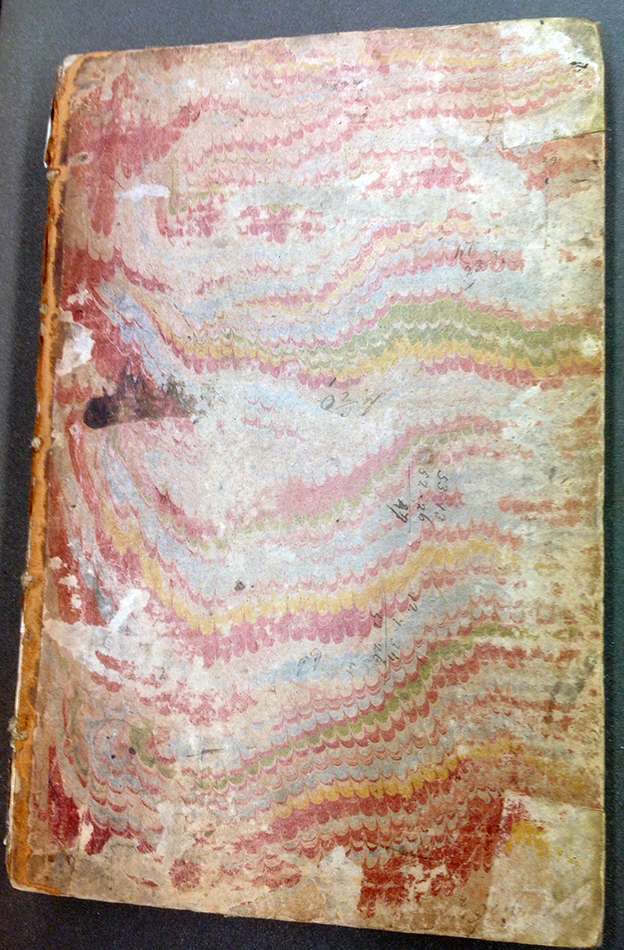
Some commonly borrowed titles became very familiar; Rollins ancient history and Xenophon’s Anabasis now roll fluently off of my fingertips. However, between these common titles were also some more unique gems, such as Gulliver’s Travels, Horse-hoing Husbandry, and Fables for the Fairer Sex. The fiction titles were relatively rare but, for me, an interesting insight into the reading habits of eighteenth century academics and students. Other titles, such as Pamela and Robinson Crusoe, were published within a few decades of the library record. I enjoyed the contrast they gave to the heavier classical and philosophical tomes which dominate the book entries.

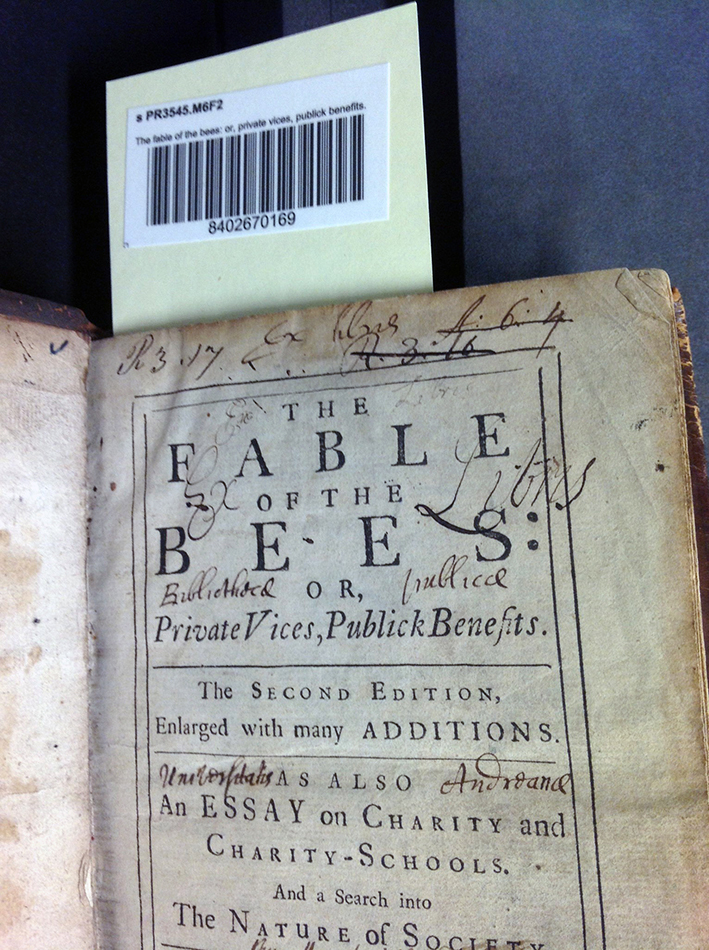
There were some even more unique entries within the library record, including notes of the loan of scientific instruments, such as globes and a compass. These are the items now held in the scientific instrument exhibit at the Museum of the University of St Andrews (by the by, which is where I work part-time, which was a nice, personal connection!) Some were bought by Professor James Gregory, first Regius Professor of Maths from 1668, who bought instruments to equip an observatory at the University, and they used to be housed in the Library.

Of course, there were challenges to the task. Many of these were overcome with practice, for instance, navigating the online transcription tool.
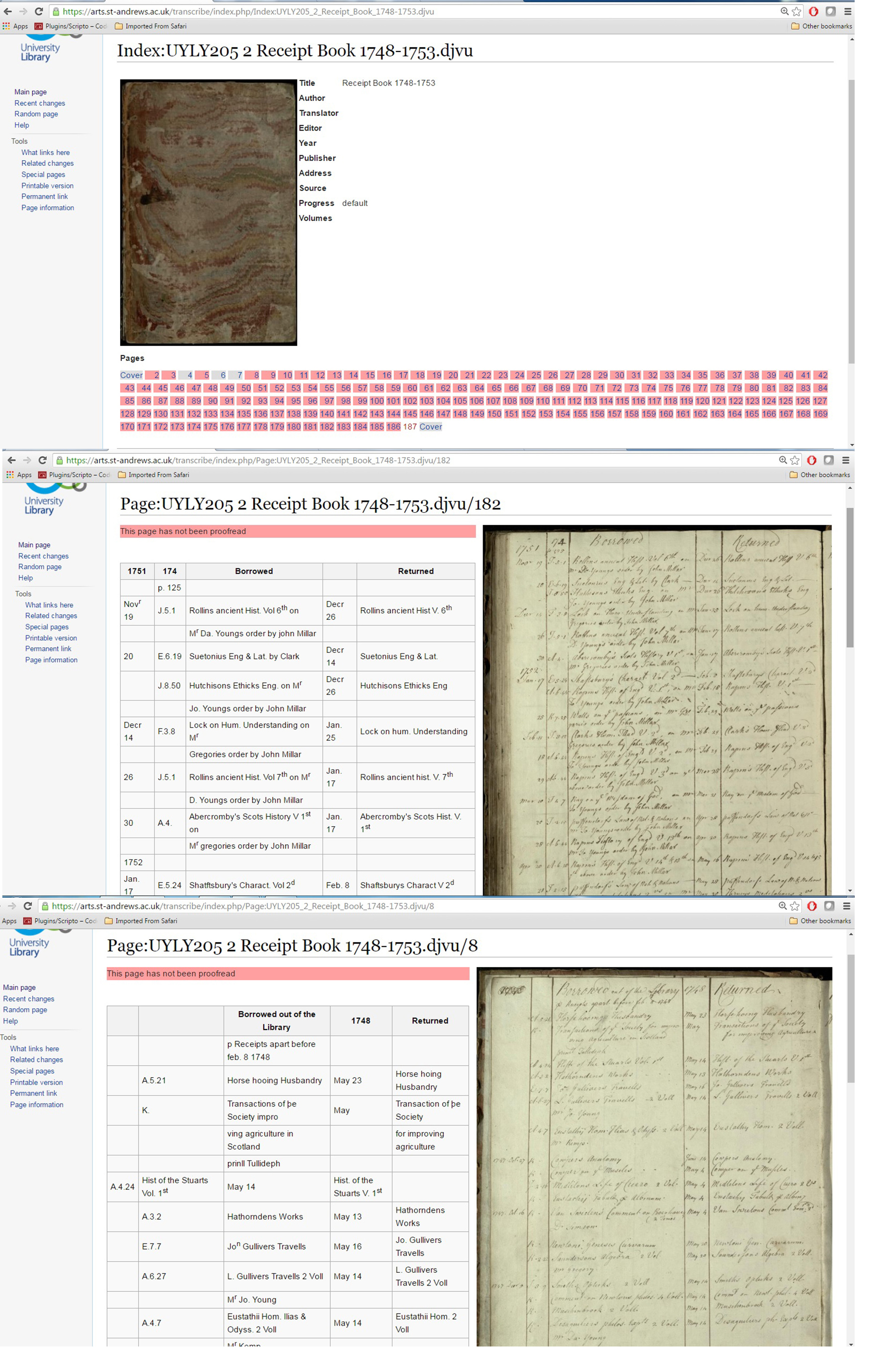
Soon I became aware of its quirks and learned the most efficient way to use it. I also learned to save my pages regularly in case of the temperamental internet! Also, the handwriting sometimes left me confused about specific entries. (Quite often I was only a few letters wrong but had a completely unrecognisable book title!) I therefore had to search online for the right name and author and match it to what was in front of me. This was always a rewarding process when I eventually found the right one! I only had to ask for help with the most difficult ones.
I’ve enjoyed the daily task of working through the list of book titles and names, searching online databases for difficult titles to decipher and completing each page. The intern role has very much suited my meticulous tendencies and the fulfilment I get from seeing the collective group of transcribed pages come together is great. I’ve loved working at Martyrs with the wonderfully friendly and accommodating staff. The scholarly atmosphere and getting to be one of the people to come and work with rare texts has been an amazing environment to intern in.
Caitlin Price
Digital Humanities Intern
You can view the borrowing registers online via our Digital Collection Portal
Wonderful to see more work on the borrowing records of this historic collection; and how nice to see it being digitised so that more research can be done into what's there. I've been looking at St Andrews' music loans 1801-1836, and couldn't help also noticing other interesting volumes amongst the book loans! (In the 1830s, the professors were madly enthusiastic about one particular book of maritime tales, Rough Yarns. I was really surprised about this! Meanwhile, the boy students hankered after travel guides - an adventurous lot, all round.) One of the summer visiting scholars has been focusing on student loans, and I'm looking forward to finding out more about what they borrowed!
[…] boeken leenden studenten en geleerden van de universiteit van St. Andrews tussen 1737 en […]